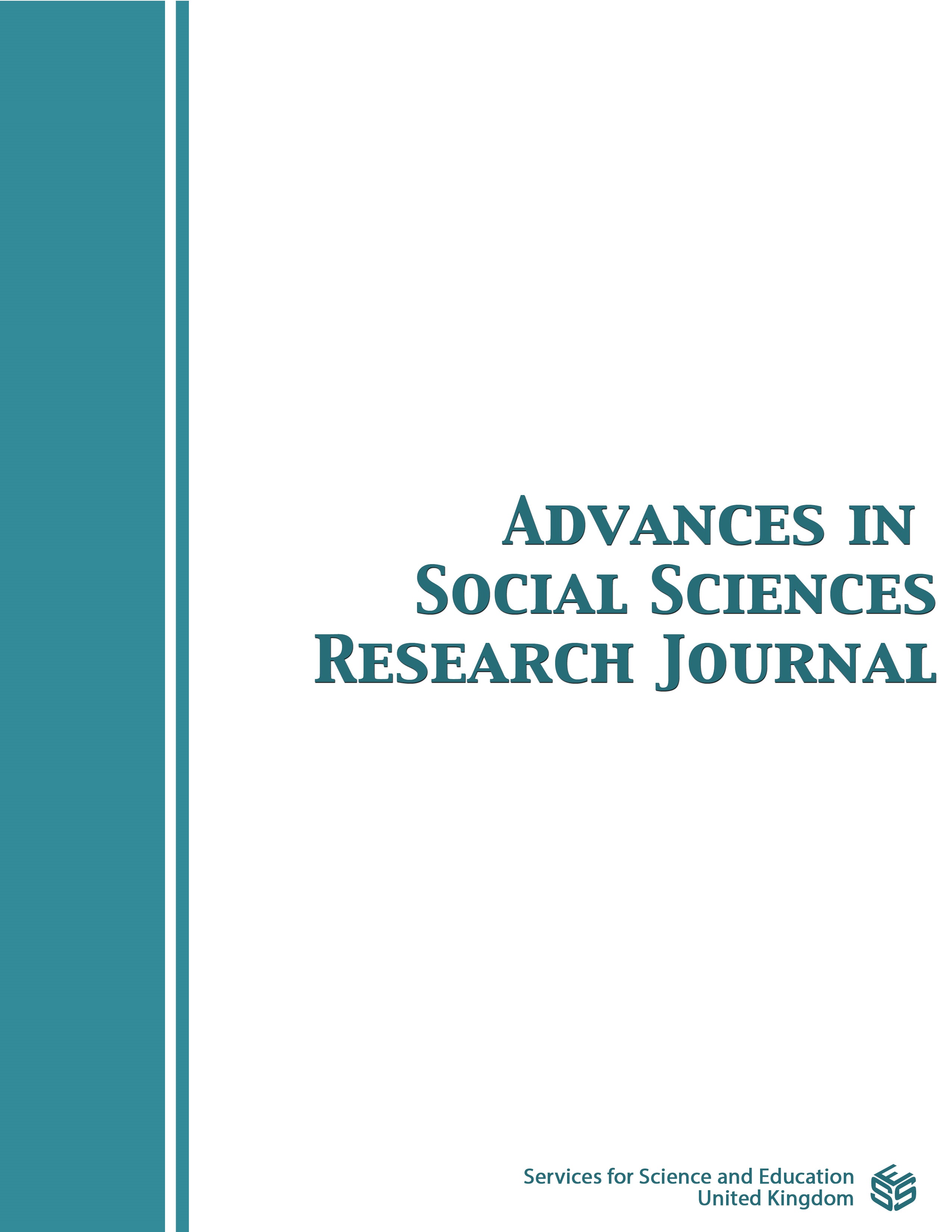Religion in African Americans Live: A Harrowing Comment in Richard Wrights “Black Boy” and James Baldwins “The Fire Next Time”
DOI:
https://doi.org/10.14738/assrj.1111.17958Keywords:
religion, Black Americans, psychology, domination, abuseAbstract
Religion has been a key fact in black Americans slaves daily life, as it fills a gap. Religious practices when slaves were not in plantations appeared as psychological relief that helped endure their fate out of resignation, as their helped the slaver control their slaves. Richard Wright and James Baldwin have exposed the role played by religion in the slavery institution, respectively in Black Boy and The Fire Next Time. The present paper aims to highlight some positive impacts of religious practice as lived by slaves on the one hand, and to reveal how religion helped slave masters subjugate their slaves to permanent needs in God’s name. The methodological approach in the study has been a documentary and analytical since the work has allowed moving from the fictional works described in the two novels to historical facts in America. In the process of understanding, interpreting and analyzing the message shed by Wright and Baldwin through their here works, three literary theories have been found adapted: the New Historicism championed by Stephen Greenbalt and Jonathan Goldberg which examines through the books the history as well as the main factors they point out, the Psychoanalysis Literary Criticism, a doctrine by Sigmund Freud and Jacques Lacon, and the Marxism which has allowed displaying the cultural and intellectual heritage of the United States during the fight for African Americans’ emancipation and total integration in America, and the Psychoanalysis Literary Criticism which has permitted exploring the role of consciousness and the unconsciousness in literary expression of historical facts, including the authors, the readers and the characters, mostly those who are really involved in the plot.
Downloads
Published
How to Cite
Issue
Section
License
Copyright (c) 2024 Adam Boni Boubakar, Belmonde Assongba, Didier Kombieni, Ferdinand Kpohoue

This work is licensed under a Creative Commons Attribution 4.0 International License.
Authors wishing to include figures, tables, or text passages that have already been published elsewhere are required to obtain permission from the copyright owner(s) for both the print and online format and to include evidence that such permission has been granted when submitting their papers. Any material received without such evidence will be assumed to originate from the authors.






